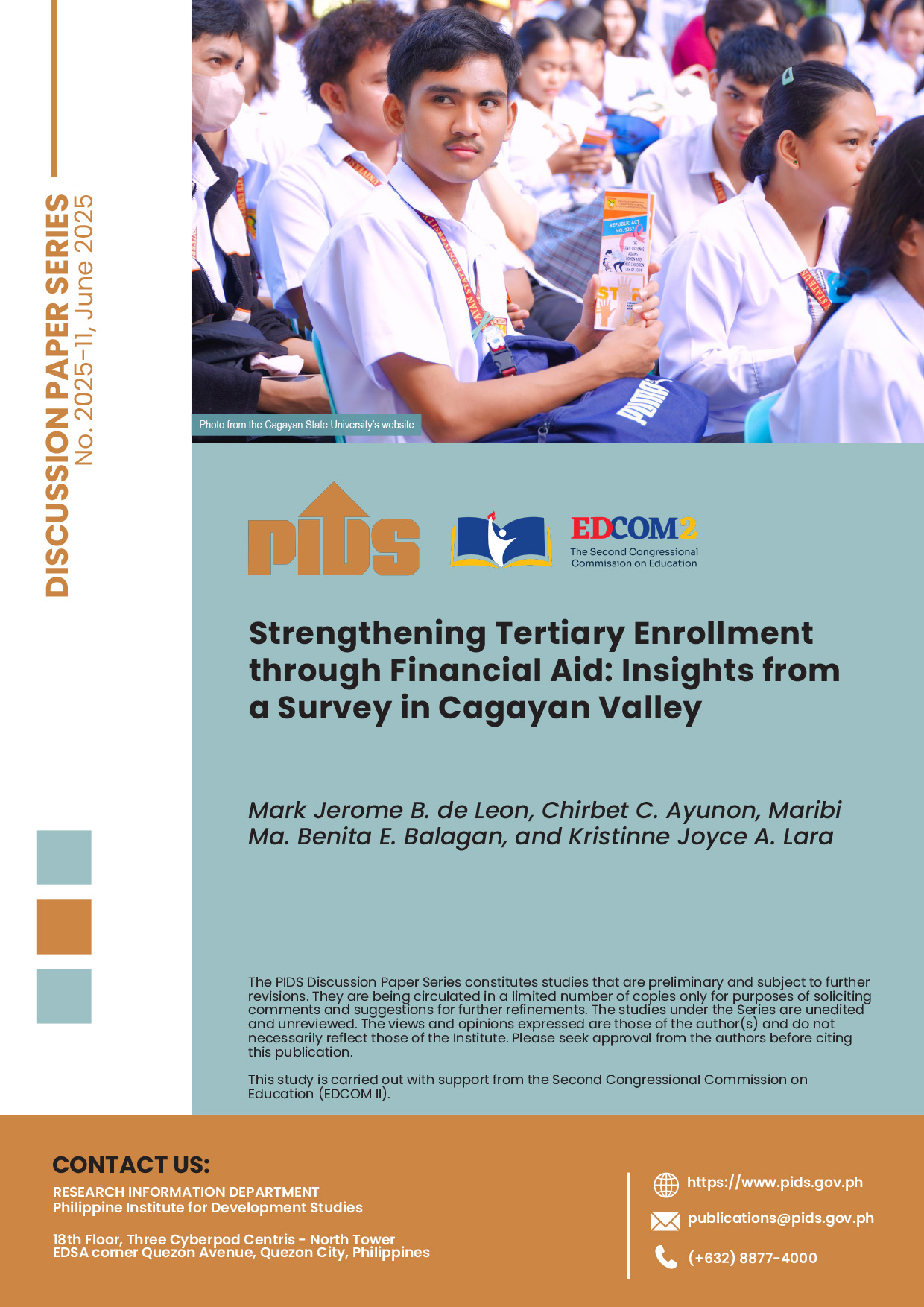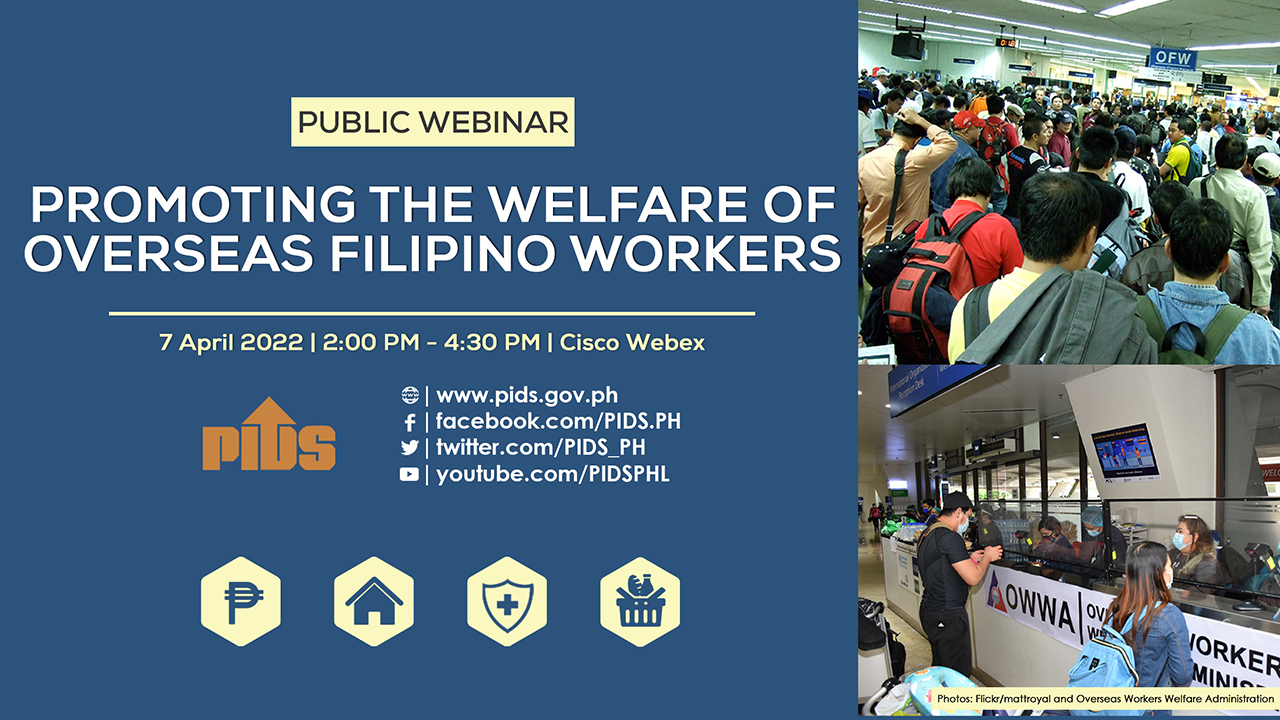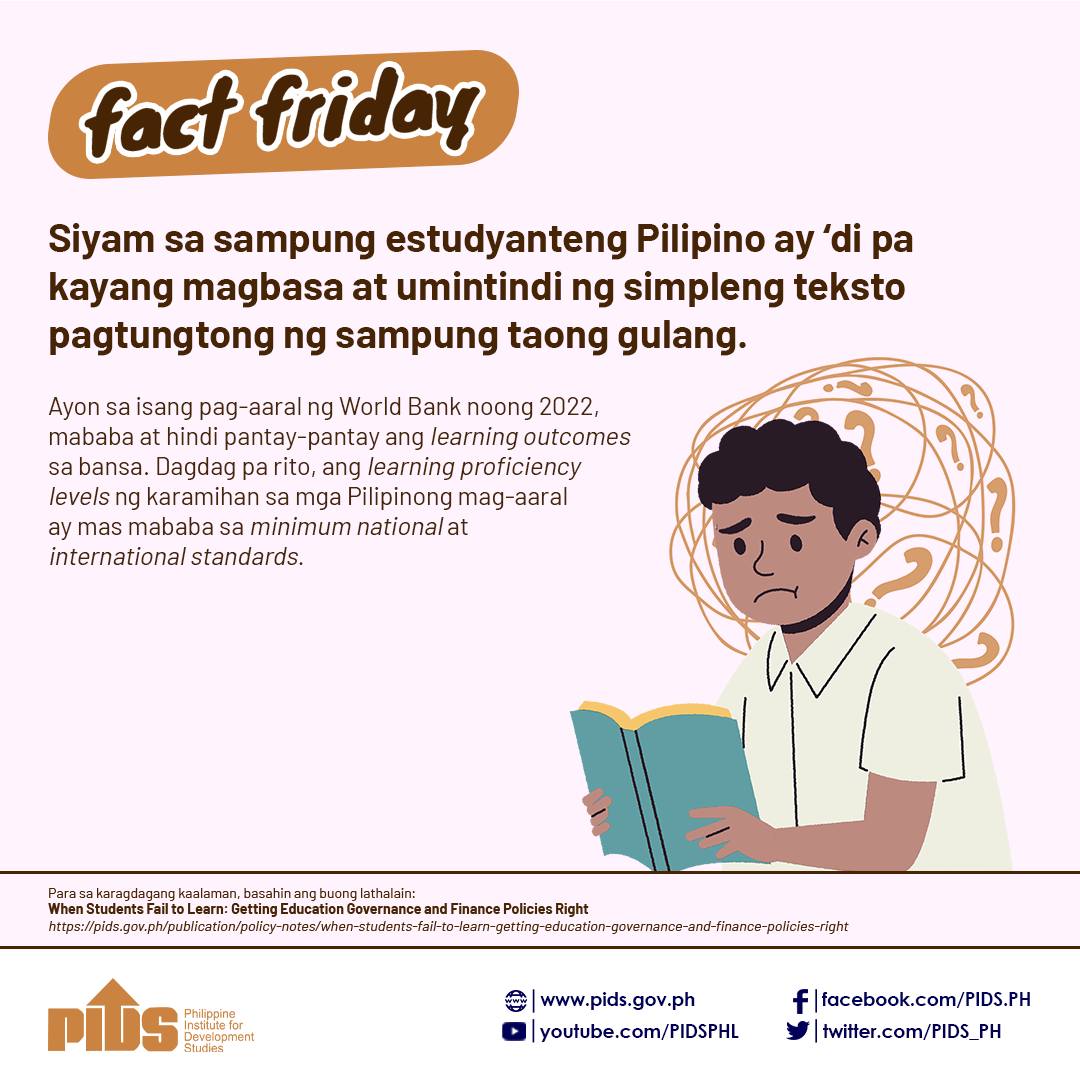The number of Filipinos having gigs or short-term freelance work has been increasing.
According to a report by GCash and Payoneer, there are currently 1.5 million Filipinos registered in
There are numerous reasons for the growing number of freelancers. These include the growing adoption of digital platforms. According to the Philippine Institute for Development Studies (PIDS), the Philippines recorded a 208-percent growth in freelance revenues in 2020, much faster than the 35-percent growth registered in 2019. This, as the pandemic accelerated the shift to digitalization.
Another reason is the potential for higher income. Many Filipinos turn to gigs to supplement income from their primary jobs. Moreover, because of Filipinos’ high English proficiency, low cost and hard-working attitude, many successfully get freelance work from employers overseas and earn a higher pay.
Finally, some Filipinos enjoy the added freedom and flexibility that comes with not having a full-time job. These include college students and mothers of young children.
Employers also benefit from hiring freelance workers. This is because they can reduce costs by hiring talents on a per project or on an “as needed” basis. The number of potential candidates they can tap for job openings also increases as they are no longer confined to their location.
The local economy also benefits from the growth in the gig economy as this helps consumer spending stay resilient. In fact, this might be one of the reasons why the Philippines’ gross domestic product remained very strong at 6.4 percent in the first quarter of 2023 despite the numerous challenges, including rising inflation.
However, there are also some drawbacks.
Most workers focused on gigs have no job security. They also don’t enjoy company-sponsored benefits.
Filipinos who are focused on freelance work need to manage their finances more carefully so that they can stay protected in case they suffer from a dry spell or encounter emergencies.
Freelance workers can also be abused since the ability of regulators to validate the legitimacy of employers is limited and there aren’t enough regulations focused on protecting the rights of freelancers.
The absence of social interaction with fellow employees might also take a toll on Filipinos who work solely on gigs.
Going forward, it will be interesting to see how the gig economy evolves. What is certain though is that the gig economy is here to stay and that it will continue to grow given its numerous benefits to both employers and job seekers.
Because of this, finding ways to protect freelance workers is something that everyone should seriously think about.












